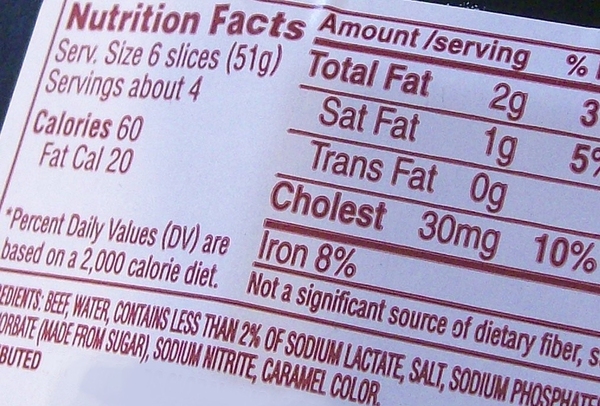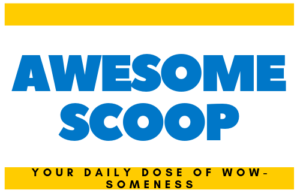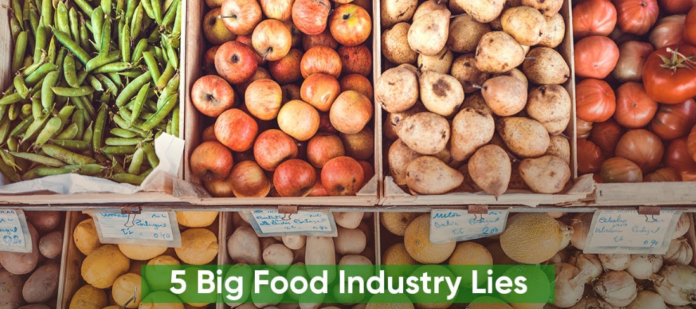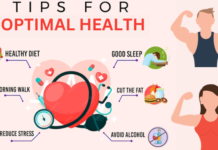There is no sense of decency in the way the food industry markets products.
The only thought on their minds is profit, and they are more than willing to sacrifice even the health of children to achieve the highest profit.
The following lists 9 of the biggest lies the food industry tells consumers.
Quite often the labels on processed foods state they are free of trans fat.
This may not necessarily be correct.
The problem is the product only needs to contain less than 0.5 grams of trans fat in each serving to be labeled as free of trans fat.
Many people experience adverse reactions to some of the ingredients in certain foods and choose to avoid them.
According to SaveOurBones, the problem is the food manufacturers often take steps to hide those controversial ingredients by referring to them by technical names that most people do not recognize.
The flavor in many processed foods sounds natural.
One example is Orange-flavored vitamin water that tastes like oranges.
Except for one thing: it doesn’t contain any actual oranges.
The sweet taste comes from a combination of sugar while the orange flavor is the result of highly refined chemicals that fool the taste sensors in the mouth into thinking it is oranges.
Keep in mind just because a product tastes like real food doesn’t mean there is any in there. Blueberry, orange, strawberry, and others are quite often just chemicals that have been refined to taste like the natural product.

Eating a diet free of gluten is quite popular today.
According to HarvardHealth, one report, nearly a third of all Americans are either consuming foods free of gluten or are attempting to restrict their intake of gluten.
Products that are labeled as being “gluten-free” in order to replace foods that are gluten conning are not healthy.
In most cases, these foods are made from high glycemic starches that are highly refined such as tapioca starch, corn starch, and potato starch. They may also be packed full of sugar, Today.com claims.
The concept behind eating gluten-free should involve getting rid of the bread and other unhealthy foods and replacing them with real foods.
Products labeled as “gluten-free” often contain a variety of unhealthy ingredients. Avoid those products and eat real food instead. “Many gluten-free products are not healthy because they frequently include sugar, tapioca starch, gums (stabilizers like guar gum, carrageenan gum, etc.) all of which affect enzyme production and cause digestive issues including bloating, gas, constipation and/or diarrhea.”









